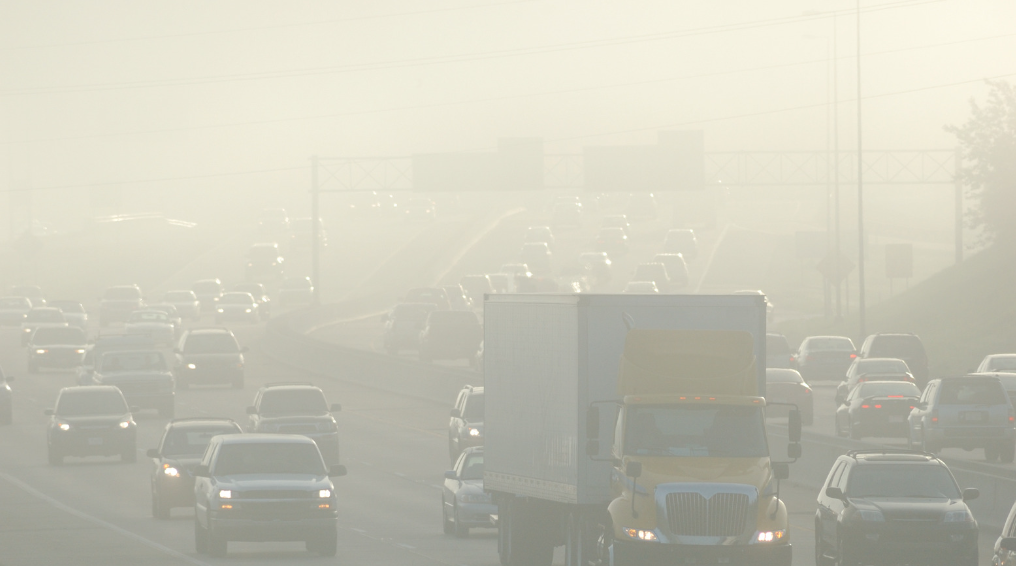The Current Situation: A Public Health Emergency
Data from the Air Quality Index for October and November 2024 reveal record-breaking pollution levels, far exceeding both World Health Organization (WHO) guidelines and Pakistan’s own legal limits. This pollution surge has led to an increase in respiratory illnesses and health complications, affecting millions of citizens. Experts argue that immediate and long-term actions are essential to protect public health and the environment.Key Recommendations by Air Quality Experts
- Immediate Closure of Brick Kilns: Experts recommend shutting down all brick kilns during the smog emergency, predicting a 15% reduction in pollution as a result.
- Strict Regulation of Vehicular Emissions: Tightening controls on vehicle emissions and reducing heavy transport in urban areas could further decrease pollution by 15%.
- Shutting Down Non-Compliant Industries: Temporarily halting operations of industries failing to meet environmental standards could contribute an additional 15% reduction in pollution, especially in heavily populated districts.
- A Nationwide Real-Time Monitoring Network: Establishing a system to collect continuous air quality data is deemed crucial. This network would facilitate real-time alerts, enabling timely, effective interventions and empowering both citizens and policymakers.
- Pilot Projects in Key Cities: Designating Lahore and the twin cities of Rawalpindi/Islamabad as pilot areas for comprehensive air quality management could set a precedent for cleaner air nationwide.
- Enhanced Urban Planning: Shifting to urban designs that prioritize sustainable public transit and low-emission technologies is recommended to improve overall air quality.
- Revised Air Quality Standards: Updating Pakistan’s air quality standards to align with WHO guidelines is essential for safeguarding health, encompassing sectors such as energy, transport, education, and cross-border cooperation.
- Transition to Clean Technologies: Accelerating the adoption of electric mobility, eco-friendly industrial practices, and alternative cooking and heating solutions is urged.
- Upgraded Vehicle and Fuel Standards: Implementing Euro-6 vehicle emission standards and improving fuel quality could significantly curb air pollution.
- Focused Research and Policy Development: Prioritizing epidemiological research to better understand health impacts and targeting vulnerable communities will aid in equitable policy creation.
- Support for Farmers: Engaging farmers with technological solutions for waste management is vital for sustainable agricultural practices and reduced pollution.
- Regulatory Strengthening: Improving the government’s capacity to enforce air quality standards across various departments is a key recommendation for sustained progress.


Comments are closed, but trackbacks and pingbacks are open.